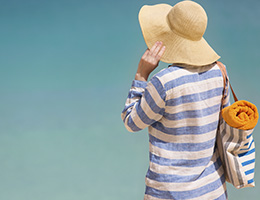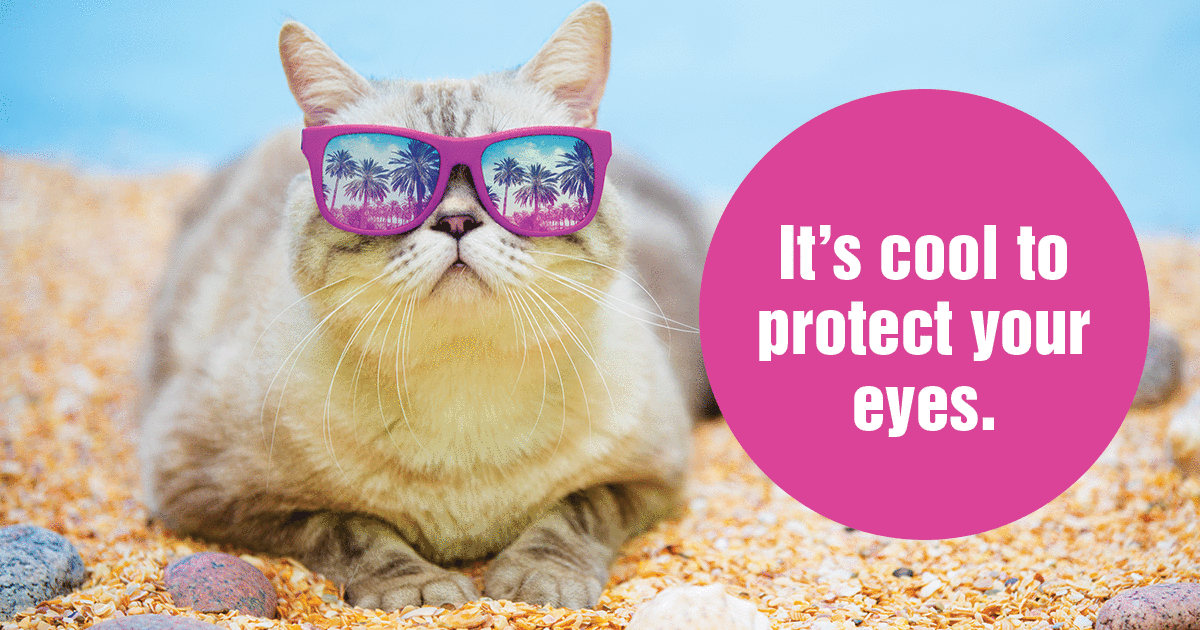

May 19, 2019—Warmer weather and lots of sunshine often means spending more time outdoors. But while that additional sun may feel good, it can be dangerous to your skin and raise your risk of skin cancer.
Here are seven steps—from the American Academy of Dermatology and the Centers for Disease Control and Prevention—for safely enjoying the summer sun.
1. Stay in the shade as much as you can. The sun's ultraviolet rays are strongest from 10 a.m. to 2 p.m. If you head outdoors during that time, try to find some shade. Set up an outdoor umbrella, or sit under a tree and enjoy the weather.
2. Use sunscreen, even if it's overcast. The sun can damage your skin in just 15 minutes, even on a cloudy day. Apply a broad-spectrum sunscreen with an SPF of 30 or more whenever you're going to be outside. Make sure to use it on any exposed skin. Reapply every two hours or if you've been swimming or working up a sweat.
3. Cover up as much as you can. Wearing long-sleeved shirts and pants is the best way to protect your skin from ultraviolet rays. Even if you're at the beach, always put on a T-shirt or a beach cover-up.
4. Wear a wide-brimmed hat. One with a full brim can shade your face, ears and neck. If you wear only a baseball cap, be sure to slather sunscreen on your neck and ears.
5. Slip on some sunglasses. Your eyes also need protection from the sun. Choose sunglasses with UVA and UVB protection. Wraparound glasses will do the best job of blocking stray ultraviolet rays.
6. Be particularly careful around reflective surfaces. These include water, sand and concrete. They reflect the sun's rays and can increase your risk of sunburn.
7. Teach your kids about the dangers of tanning. Start talking to them when they're young, and keep the conversation going as they get older. Teens often take up sunbathing and indoor tanning, which can damage skin too. By repeatedly explaining the risks of tanning—even if it's just once before a special event like prom—you can help your children reduce their chances of getting skin cancer.